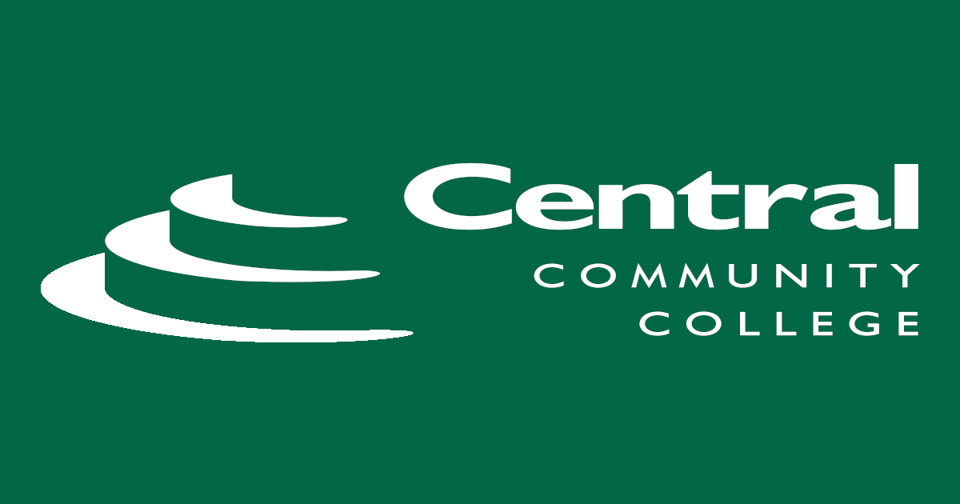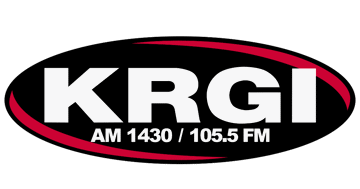CCC to Revitalize Project PARA

COLUMBUS, Neb. – Central Community College is making significant updates to advance paraeducator training across Nebraska.
In June, CCC received a grant to revitalize its Project PARA program, a web-based platform that provides school districts with foundational training in special education, Title 1 and early childhood education for paraeducators. The platform offers several training modules that address key responsibilities, core knowledge and instructional support skills for paraeducators. Project PARA complements the training provided by individual school districts, supporting compliance with Nebraska’s paraeducator training standards.
“Project Para represents a significant step forward in professional development for paraeducators,” said Dr. Amy Mancini, dean of instruction. “By integrating the latest educational research and legal compliance standards, we're ensuring that support staff have the most comprehensive and current training available.”
Paraeducators, sometimes referred to as paraprofessionals, teaching assistants, or instructional aides, work in classrooms under the supervision of certified teachers or administrators. They play a vital role in supporting instruction, providing assistance, either indirectly, one-on-one or in small or large group settings.
In addition to updating Project PARA, Central Community College is introducing a new paraeducator certificate to expand educational opportunities for aspiring and current paraeducators. Designed for high school students, current paraeducators, and others interested in pursuing education, this 12-credit-hour online program includes coursework in professional education foundations, developmental psychology, and teaching children with exceptionalities. The curriculum also includes training through the nationally recognized Mandt program, which builds skills in relationship-building, conflict management, and effective communication. One of the program's highlights is the hands-on classroom experience, giving students real-world insights into the role of a paraeducator.
“These new modules and interactive elements directly address the real-world challenges paraeducators face every day, transforming professional training from theoretical to truly practical,” said Mancini.
The paraeducator certificate program addresses a critical gap in our educational workforce. With many districts struggling to fill teaching positions, well-trained paraeducators are becoming the backbone of classroom support, bringing vital skills and dedicated assistance to the students who need it most.
“The paraeducator certificate can be pursued independently as a standalone credential or as a first step toward an associate of applied science degree, associate degree or teacher transfer pathway to a four-year institution,” Mancini said. “Additionally, qualifying students may be eligible for GAP funding which can cover the program’s entire cost based on income.”
For more information on this innovative program and the enhanced Project PARA platform, please visit cccneb.edu/eced and click the “Paraeducator Certificate” link.
